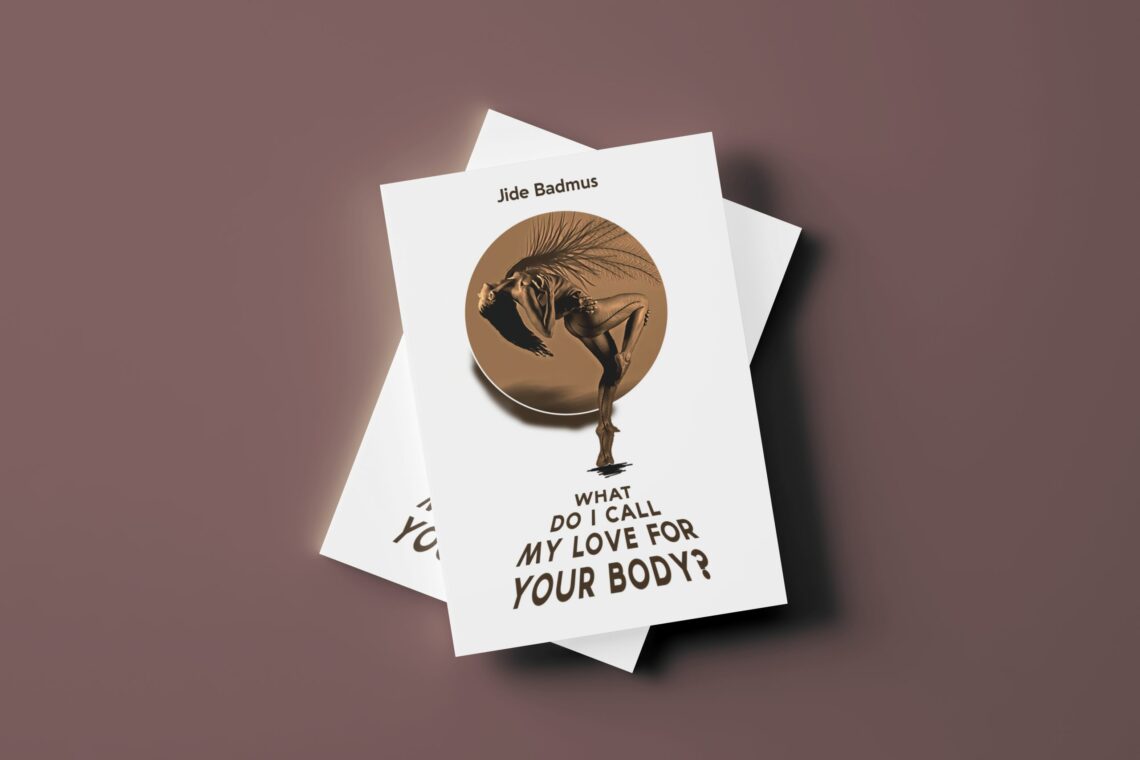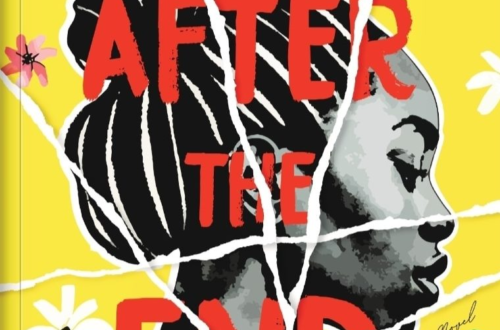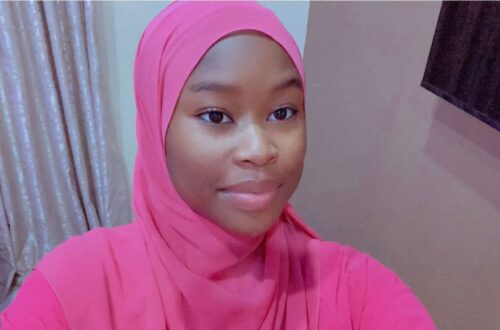Badmus, in this collection of poems, unfurls the undulant currents of love amidst the slippery rails of romance; tilling the shoal of lust and other plains of emotions in fine locutions. He preened up the premise of affectations in an auspicious sophistry; beaming searchlights on the myriads of neurodivergent claim of proposals and oaths yelped by love birds on the cusp of consummating a salacious nudge. Badmus unbracketed some literary devices to outline the flakes of human responses to pain and the weight of love, while interrogating the fairness of honest hits on objects of affection as against reloading the shells of debauchery. In this collection of poems, chock-full with engaging themes, sheared into four quadrants, we come to terms with the linguas of coital musings, spread in verses, and sometimes, provoked by swelling tides of emotions, but documented as an interspersing loop of biological and neural response to hormonal demands for something adventurous. We weave through the haze of romance and other subjects that can tilt our circadian rhythm askew.
In the opening poem, body language, we see words displayed in a tanned stillness, pointing us to the overarching motif of this work. The persona in the first poem describes in affable words, the subtle lessons from his lover; coupling his impressions with imageries and sensual pyrotechnics as seen in lines like:
…she trained my eyes to speak in tongues of light/understand the different dialects of desire/ your lips at the edge of speech, part to reveal a fine diction of teeth…
The different poems in this collection are helmed in elemental poetics, and most in sensual poesy sautéed in a wave of romance for reprieve. The poem, your body is a poem, is grafted in hypnotic wit and visual clarity that the author spills in conducting a randy biopsy on the body of a lass, ensnaring the reader in tactile sensations as seen in lines like:
…your lips are as enjambments/of smiles, a seductive opening/ to the poem in your body…
The lines above are a gaudy attempt at being ingenious with poetic devices; easing to a temperate and uncanny tryst with metaphors. In the poem, souvenir, we have a recurring attempt at playing with words by the author meddling with poetic devices, before sashaying into the pertinent characters of the poem hewed from the logs of sensual imageries.
In the second chapter, Jangulabi, we are reconfigured to recalcitrant verses with poems like rebels, where the persona in the poem enthused about the force of desire in a more tensed and military poise like scooping coals of romance from the furnace of desperation, as seen in lines like:
…my body is a placard raised in protest …
The line above highlights the conundrums of a persona in want of succour from tumescent saga. In the last and titular poem, what do I call my body for you, the persona explores matters of conflicting desires in the vortex of lust and the difficulty of naming this hue of entanglements. Jide in this collection of poems made attempt at reimagining the raunchy sensibilities of poetry with more inventiveness yet bereft of thematic rigour; it is an easy read with a lean recourse to a trenchant form of poetry but fraught with sybaritic jousts but is a brilliant addition to the pool of literary works in shelves.
Taiwo’s poetry book, Lagos is killing me, won the Prof Akachi Ezeigbo poetry prize and is still gathering rave reviews. He appeared on the chart buster film on Netflix, Collision Course. He was nominated for the Etisalat Flash Fiction Prize, Quramo writer’s prize and many other awards. His works have appeared in Ake review, Prairies reviews, SankaraAfricareview, TheLagosreview, The Guardian, The Telegraph, Bournemouth Review, and in many other places He recently headlined the Mill-field Festival, United Kingdom; African Literary Festival, Oxford; Jerk & Riddims, Peterborough, a multiple guest at the Lagos international poetry festival many other poetry concerts and other outstanding platforms. He is currently working on a feature film and a truckload of plays. He has consulted for organisations on intersectionality, hierarchical compositions & reasonable adjustments in theatre making. His play, the scents of childhood places, was selected by Landmark Theatres for scratch night. He was a finalist for the keenly contested 25th Peterborough Poet Laureate,2023.
Oloyede is an art critic, cultural producer, poet, satirist, actor and playwright. His writings are replete with themes of social consciousness, mental health, spirituality, liberty, hope, displacement and transcultural cohesion.





